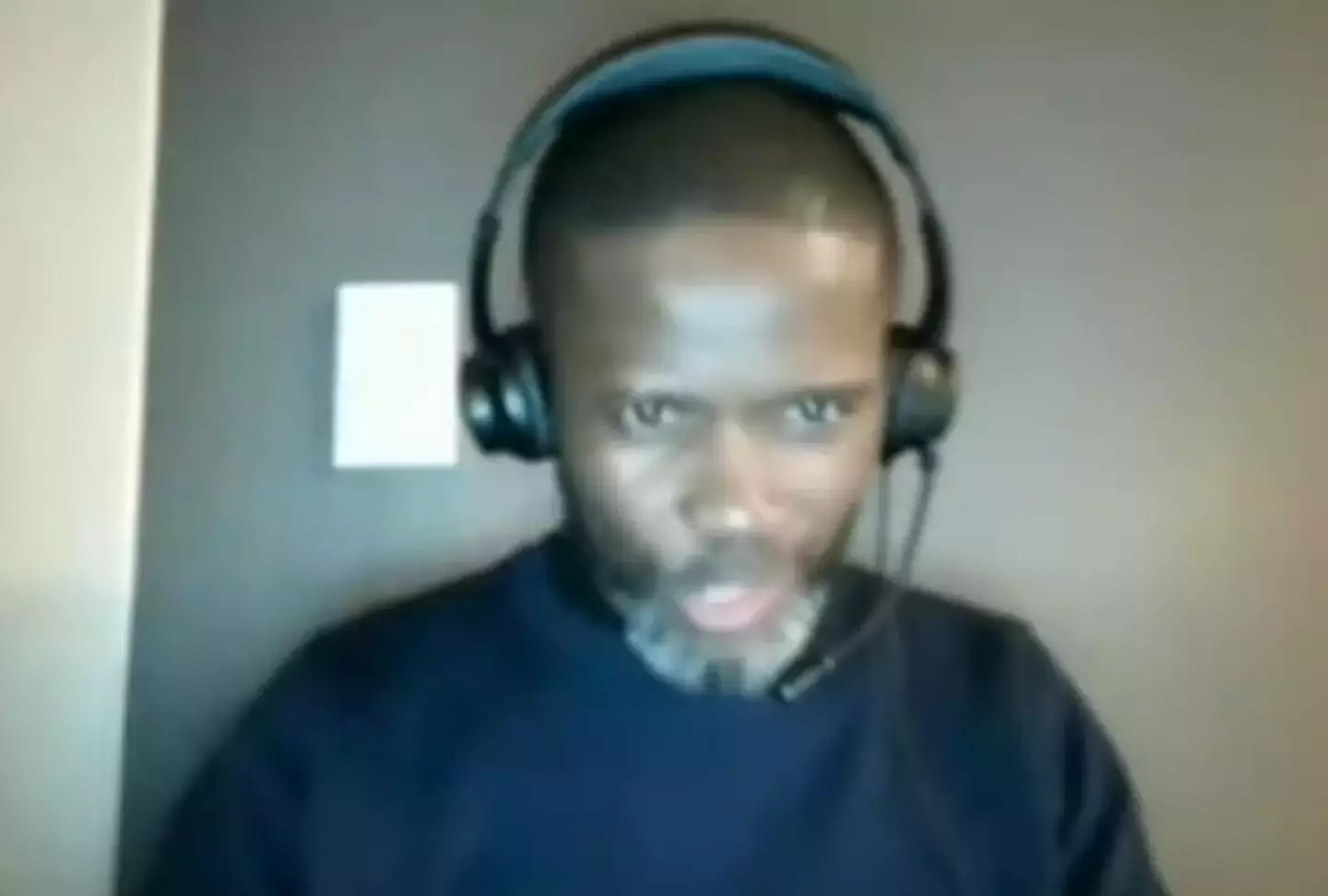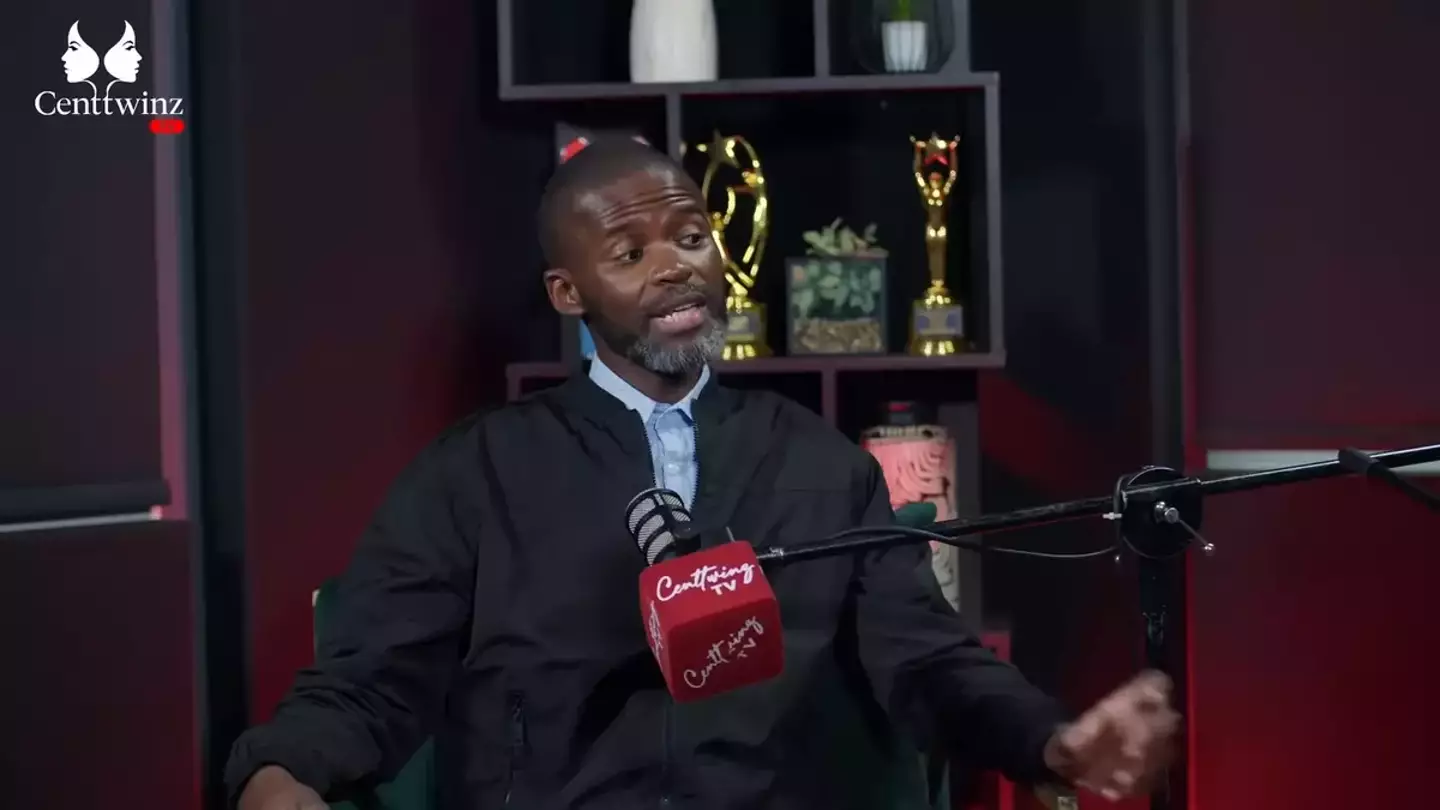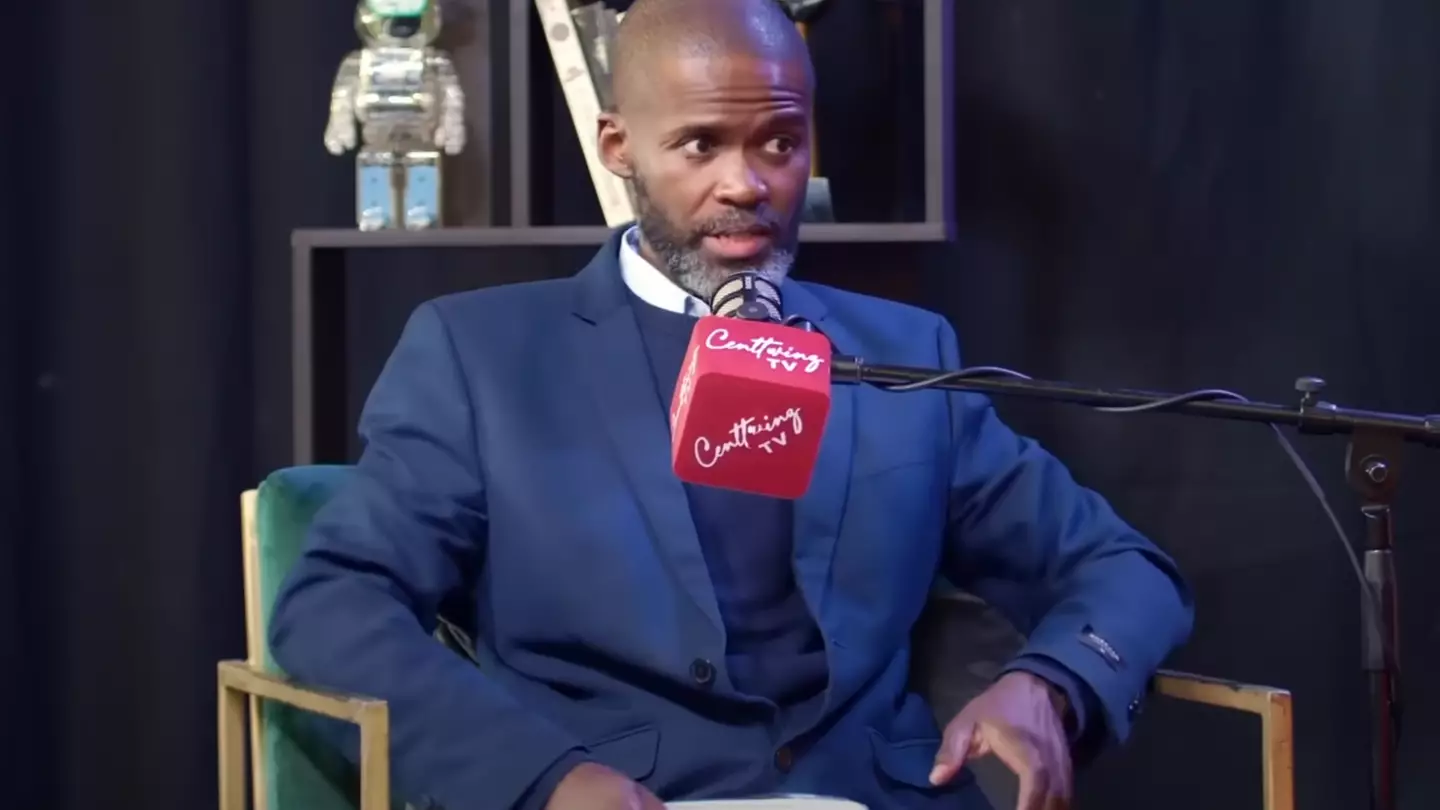A man who predicted the end of the world and claimed to have had a vision of Jesus is now in an awkward position, with no apocalypse materializing.
There was considerable disappointment on social media as the world continued on without incident on Tuesday (September 23). Despite the outlandish premise, some individuals genuinely expected the end. However, the preacher’s reaction to the non-event turned out to be quite the spectacle.
Some people took the prophecy to heart, resulting in drastic actions such as quitting jobs, selling possessions, cars, and even homes, fully expecting the rapture to occur.
The prediction originated from Joshua Mhlakela, a South African preacher, who stated that God had revealed specific dates to him: September 23 and 24, conveniently coinciding with Rosh Hashanah, the Jewish new year.
Mhlakela prophesied that the Earth would experience a powerful upheaval and that God would ‘rescue the Christians out of the world.’ His followers, seeking certainty in uncertain times, were captivated by his conviction.

However, the prophecy did not come to pass, which became apparent through a livestream that captured the unfolding disappointment in real-time.
In a video that later appeared on TikTok, Mhlakela and six others were seen praying and lifting their arms in anticipation as midnight drew near. Yet, when the clock struck twelve, nothing happened.
Feeling the tension rise, the preacher suggested a “break” to the viewers, urging them to maintain their faith, and stating: “Please keep waiting on us, he is coming.”
At 12.18 am, he expressed continued belief, claiming that ‘one of these two days, the Lord knows.’ But as time went on without incident, viewers began to exit the livestream quietly.
Eventually, Mhlakela was left alone, staring into the camera, seemingly coming to grips with the failed prophecy. For someone who had been so certain, it was a deeply awkward moment, evoking a sense of sympathy.

Earlier, he had boldly questioned: “On that day of the 23rd who is God going to pick up, you or me?”
The answer was neither.
Mhlakela also mentioned that God had instructed him through a dream to livestream the event, saying: “You cannot be doing this on that day, you need to do a live.”
Psychotherapist Tina Chummun offered insight into why people are drawn to apocalyptic predictions. She noted, “People often get caught up in these belief systems during times of uncertainty because our brain is wired to seek patterns and certainty when life feels uncertain and unpredictable.
“Neuroscience shows us that heightened stress and uncertainty increase our amygdala reactivity, making us more susceptible to black-and-white narratives that promise safety, salvation or control.
“When people want reassurance about the unknown, they piggyback on other people who seem to know what’s happening – even though they haven’t stopped to question whether what they’re aligning with is right.”

